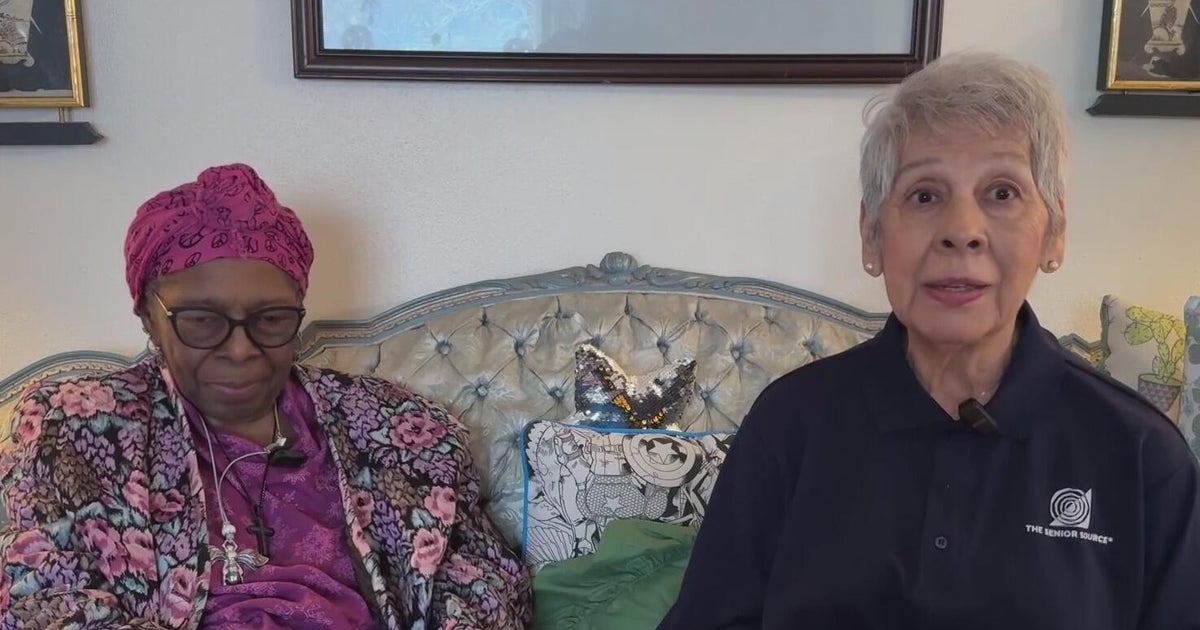Mom & Taxes
BOSTON (CBS) - Did mom file her tax return this year? Did she get an extension? Ask her if she wants some help with her tax return. Filing taxes can be over whelming at any age.
Ask if you can take a look at her returns for the last three years and if this job is beyond you hire someone to do it. Has she been filing her tax returns in a timely manner? Does she need to file returns?
Is she making estimated tax payments on time? Has she been filing the short form because it's been easier? She may have been paying too much in taxes simply because it is easier! Or worse, she may not have filed a tax return because it was just too much work. And after the first year when the IRS didn't call her on it, she figured it was okay.
The Tax Counseling for the Elderly Program (TCE) is an IRS sanctioned program that offers free tax help to individuals who are aged 60 or older but only until April 15. A majority of the TCE sites are operated by the AARP's Tax Aide program which is staffed with AARP volunteers.
They will offer technical assistance to elderly individuals in the preparation of their Federal Income Tax Returns. Contact mom's local Council on Aging where she lives for more information.
Some cities and towns have a real estate tax rebate program for their elderly or disabled citizens. Check with the tax collector where they live. Some towns have work programs where an older citizen can work off some of the real estate taxes they owe.
If mom has reached the magical age of 70 beware that she must begin mandatory withdrawals from her retirement plans at age 70½. Don't mess with this one, for the penalty is 50% of the missed distribution. These would be her IRAs, self-employment plans like SIMPLEs or SEPPs, 401(k)s and 403(b) plans. If she has a Roth IRA she is not required to begin minimum distributions. While you are reviewing her retirement plans be sure the beneficiary designations are up to date.
One more thing: If your parent's largest asset is their home and moving into something smaller works for them there is tax break. There is an exclusion for capital gains tax when you sell your primary residence. For example, Mom and Dad bought their Victorian house in Dorchester for $50,000 and it is now worth $500,000.
They have another $50,000 invested in the house for the paved driveway, the addition and storm windows. When they sell the house they will have capital gains of $400,000. Current tax laws allow them to exclude from capital gains up to $500,000. So they would owe no tax on the $400,000. The IRS rules for the sale of the home are as follows:
- Must have owned and occupied the house for 2 of the last 5 years
- Must be your primary residence
- $250,000 exclusion for individual
- $500,000 exclusion for married individuals filing a joint tax return, both names do not need to be on deed







